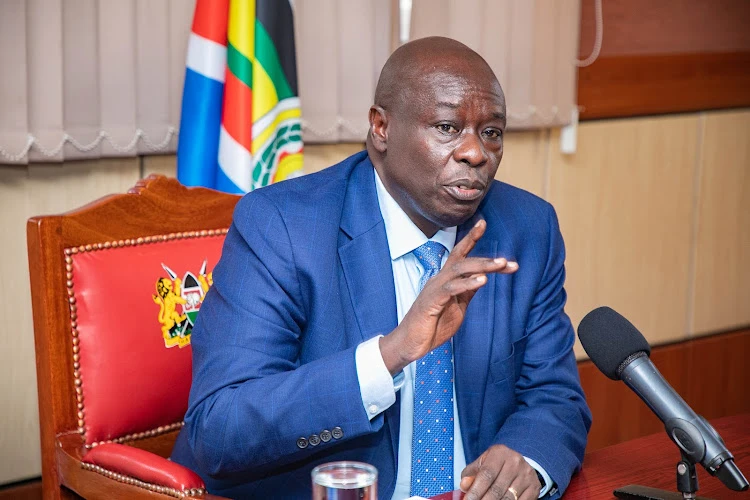In a political drama reminiscent of Judas Iscariot’s betrayal of Jesus, former Deputy President Rigathi Gachagua is discovering the harsh realities of Kenyan politics. Abandoned by close allies during his greatest time of need, Gachagua now understands the full meaning of Henry John Temple’s famous words: “We have no eternal allies and no perpetual enemies.”
Despite support from a few loyalists like Nyeri Governor Mutahi Kahiga and MPs such as James Gakuya and Benjamin Gathiru, Gachagua was left in political isolation as many of his allies, some he had personally nurtured, turned against him. He openly blames President William Ruto, his former confidant, for leading the political coup that resulted in his impeachment.
“I never knew Ruto could be so ruthless,” Gachagua lamented after his discharge from the hospital, following weeks of health struggles. The political upheaval, he believes, was engineered by his former ally, whose cruelty he never anticipated.
Gachagua’s political downfall became apparent when Mt Kenya MPs and Senators, many of whom he had supported, voted overwhelmingly for his removal. In both the National Assembly and Senate, he garnered little backing, with only a few brave voices like Senator Karungo Thangwa standing by him. Even close allies like Majority Leader Kimani Ichung’wa, whom Gachagua had previously defended, led the charge to oust him.
This episode highlights the cutthroat nature of Kenyan politics. Analyst Mark Bichachi points out that politics is always about power, and Gachagua, being the less powerful, found himself on the losing end. The once powerful deputy president is now left to reflect on how quickly political friendships can turn into betrayal.
According to Machakos Deputy Governor Francis Mwangangi, the entire impeachment saga is a smokescreen, designed to divert Kenyans’ attention from the more pressing issues facing the country, such as corruption, economic woes, and government scandals. Mwangangi suggests that Gachagua’s fall is part of a wider scheme to distract citizens from these problems.
As Gachagua awaits his fate in the hands of the judiciary, his story serves as a stark reminder that in Kenyan politics, trust is often in short supply, and betrayal is always just around the corner.




